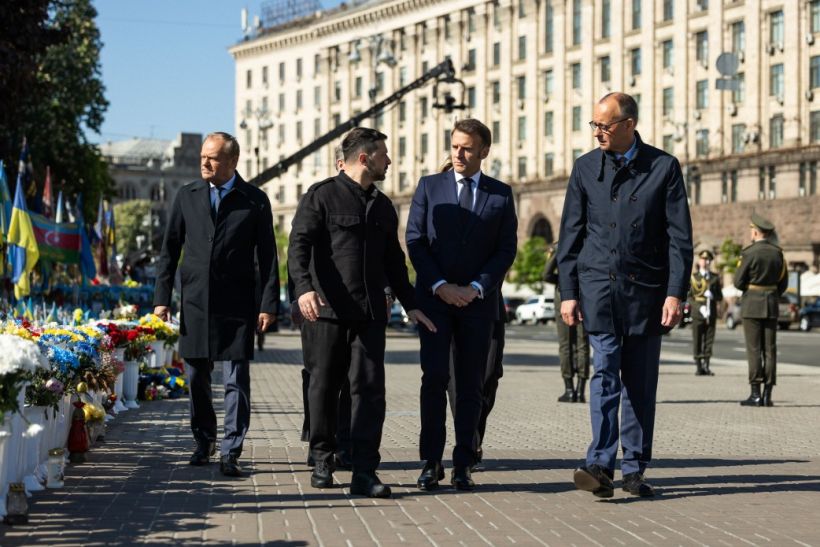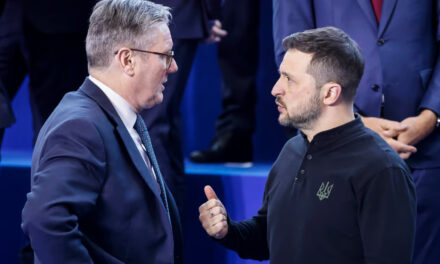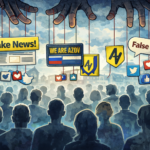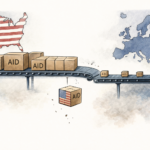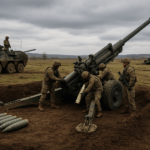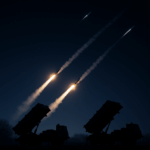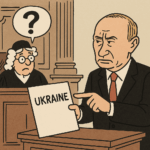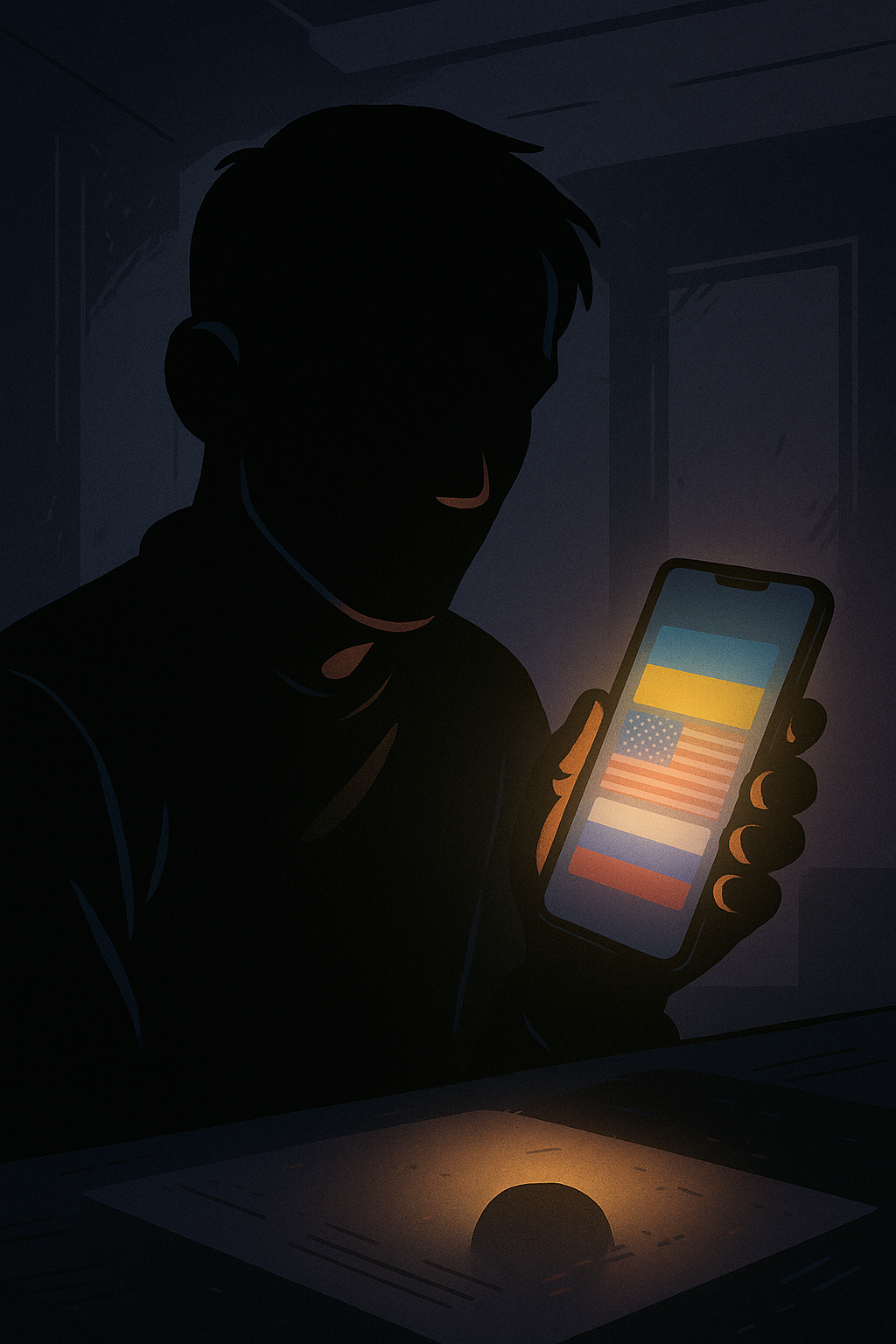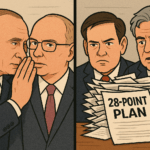President Volodymyr Zelenskyy announced that a full, unconditional countrywide ceasefire is to begin on Monday, May 12, and run for at least 30 days. The declaration followed a high-level gathering in Kyiv that brought together European leaders and was coordinated during a joint call with U.S. President Donald Trump. Appearing alongside France’s Emmanuel Macron, the United Kingdom’s Keir Starmer, Germany’s Friedrich Merz, and Poland’s Donald Tusk, Zelenskyy described the proposed pause in fighting as the opening needed to negotiate the foundations for peace and to impose accountability on any party refusing to stop hostilities. An unconditional ceasefire, he emphasized, means no preconditions or side deals—a standard he argued Russia has itself exploited in the past when convenient. president.gov.ua
The joint message paired de-escalation with pressure. If Russia rejects the ceasefire, the leaders said, a fresh package of sanctions will target its energy sector and banking system, with preparatory work already underway between American and European partners. At the same time, they stressed that a ceasefire would not dilute commitment to Ukraine’s defense. Strengthening the Defense and Security Forces remains a priority, underpinned by financing military capabilities and accelerating weapons production in Ukraine, across Europe, and through joint industrial projects. German Chancellor Friedrich Merz called for the “next steps” to go beyond a ceasefire, signaling a path toward more durable security arrangements and accountability mechanisms. president.gov.ua
Looking beyond a 30-day pause, the leaders agreed to continue efforts to mobilize frozen Russian assets and to elevate that issue as a dedicated agenda item at the upcoming G7 Summit. The day’s gatherings—described as the first meeting of the leaders of “United Europe” in Ukraine and reaffirmed at a Coalition of the Willing summit—closed with a message of revived solidarity among Kyiv’s partners. Poland’s Donald Tusk summed up the mood by saying that, for the first time in a long while, the democratic world felt united—and that unity had been translated into concrete decisions to combine diplomatic pressure, economic leverage, and sustained military support in pursuit of a just peace.

